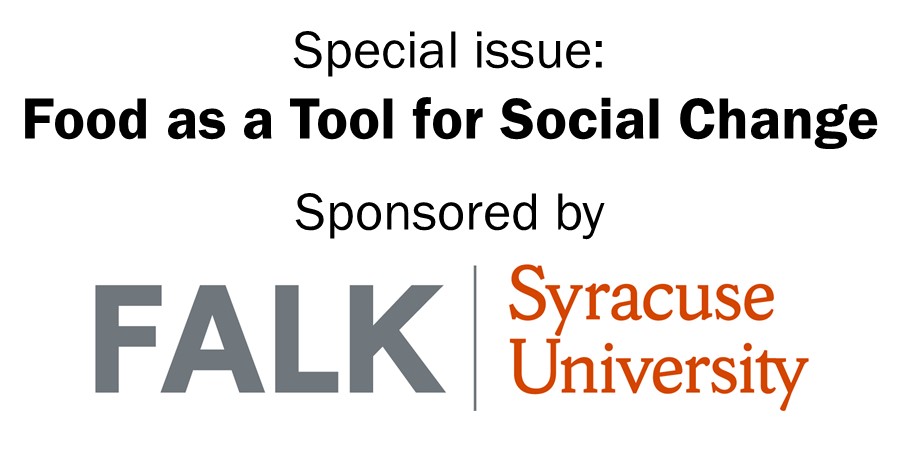Re-energizing Japan's teikei movement
Understanding intergenerational transitions of diverse economies
DOI:
https://doi.org/10.5304/jafscd.2021.104.031
Keywords:
Diverse Economy, Teikei, Alternative Food Network, Organic Agriculture, Everyday Activism, Direct-to-Consumer, Community Supported Agriculture, CSA, Social ChangeAbstract
In the 1960s-70s, Japan’s teikei movement, also referred to as Japanese community supported agriculture (CSA), emerged as a response to a period marred with multiple food scandals and environmental injustices and resulted in direct partnerships between consumers and organic farmers. Although this movement peaked in the 1990s just as the concept of alternative food networks (AFNs) gained popularity in western countries, little is known about what has happened to teikei today. This paper analyzes how teikei exemplifies diverse economies and explores how the possibilities of noncapitalist economic practice currently exist compared to the founding movement principles. Through case studies of two teikei groups in the Kansai region of Japan that transitioned their leadership to younger generations, I assess how changes made by current generations allow teikei to adapt to challenges that have long plagued the movement, such as the decline of volunteer labor provided by housewives. Drawing on a diverse economies approach, I argue that, despite current members’ detachment from strong activist identities, they sustain their organizations through part-time work, community building, and institutionalizing volunteer labor. The successes and struggles of current teikei groups provide insight into how AFNs seeking to build alternative economies can overcome difficulties that emerge from actualizing diverse economies.
Metrics

Downloads
Published
How to Cite
Issue
Section
Categories
License
Copyright (c) 2021 Chika Kondo

This work is licensed under a Creative Commons Attribution 4.0 International License.
The copyright to all content published in JAFSCD belongs to the author(s). It is licensed as CC BY 4.0. This license determines how you may reprint, copy, distribute, or otherwise share JAFSCD content.












